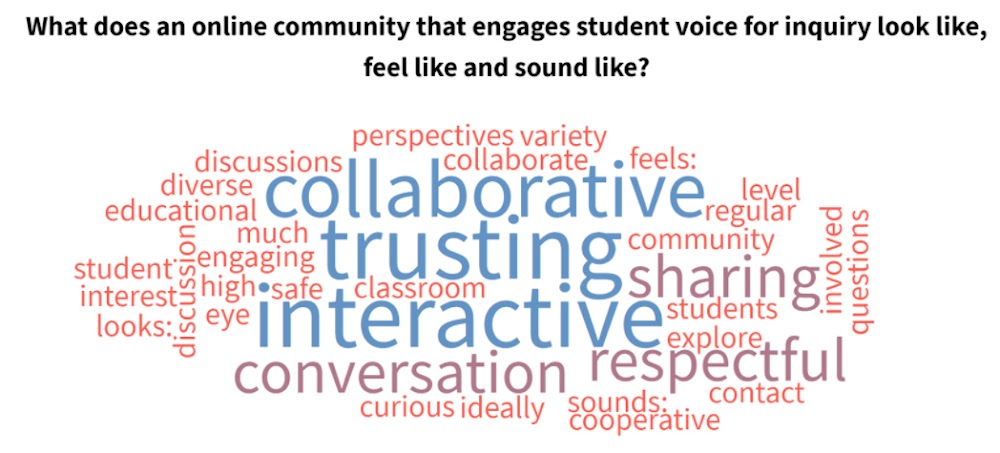Reflect on the Past to Inform the Present

by Mary Ellen Daneels, Civics Instructional Specialist Schools across the Land of Lincoln are starting to reopen for the 2020-21 school year. Whether you are meeting with students on an online platform or in a blended format, creating a safe civic space for online learning takes intentionality and reimagining of typical back to school routines. This past spring, we had the advantage of already knowing our students when school buildings closed and classes shifted to distance learning. This semester, all stakeholders will have to create room to put “Maslow before Bloom” and build a foundation for relationships in virtual and/or blended spaces. All teachers are civics teachers. We send messages to students about power, equity, justice, and representation by our classroom routines, relationships, and curricular choices. While the following resources have explicit connections to the civic learning practices in both the middle and high school civics course requirements, they are also be...





